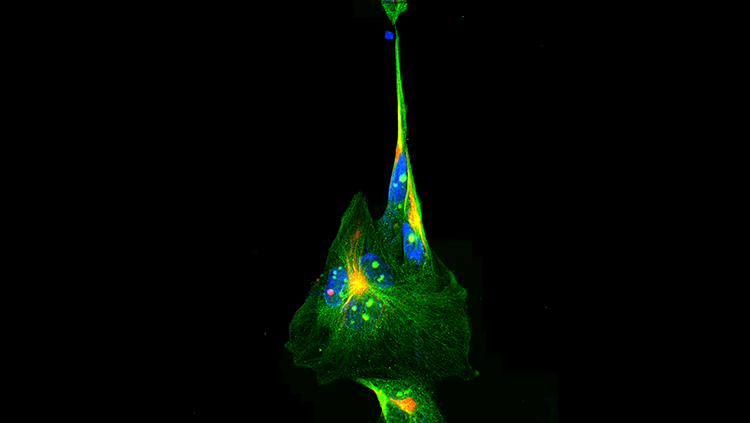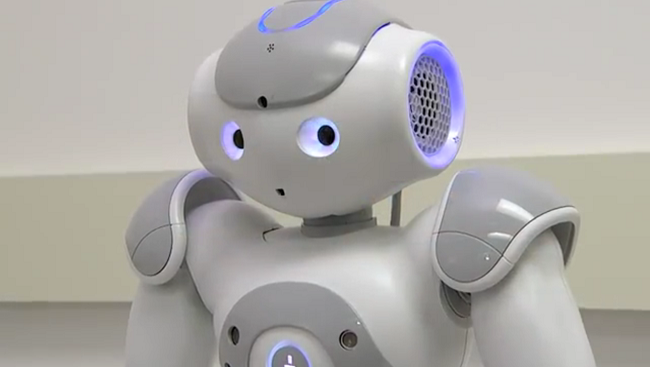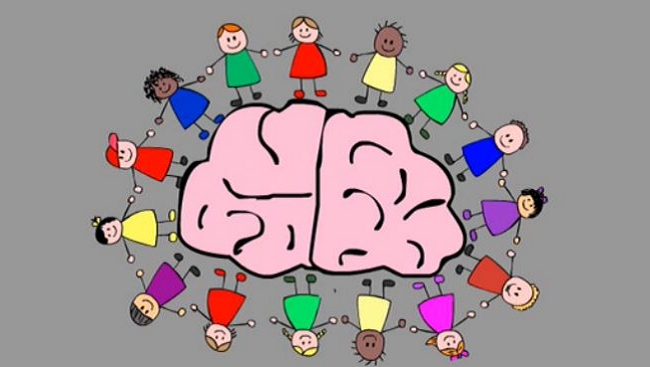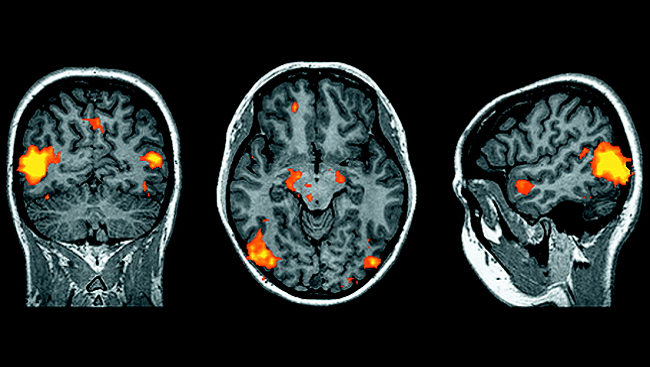How Forgetting Helps Us Remember
- Published10 Jul 2012
- Reviewed10 Jul 2012
- Author Susan Perry
- Source BrainFacts/SfN
It can be frustrating to be unable to recall information when you need it: your computer password, the name of a new coworker, or the grocery item your spouse asked you to pick up at the store on the way home.
But forgetting is actually a good thing. In fact, forgetting enables us to remember.
A case in point: the Russian journalist Solomon Shereshevskii, who became famous early in the 20th century for his astounding memory. He could recite entire speeches, complex math formulas, long lists of nonsense syllables and other bits of information after hearing them only once and then do it again years later, according to his neuropsychologist, Alexander Luria.
But Shereshevksii’s inability to forget irrelevant details caused him endless confusion. Late in life, in an act of desperation, he tried writing down and burning facts he wanted erased from his memory.
A memory asset
Scientists used to think that forgetting was a failure of the brain. No longer. Forgetting is now recognized as a memory asset. It enables us to encode and retain the pieces of information that are truly valuable — the ones that will help us in the future — and discard the rest. Remembering all the places you’ve parked your car at your local mall, for example, is not only unnecessary, but might interfere with your ability to find the car the next time you go shopping.
Forgetting also helps us recover from emotional trauma. Indeed, people who have difficulty with the process of forgetting may be more prone to depression, research suggests. One study found, for example, people who struggled most with trying to forget words in a laboratory experiment were more likely to report symptoms of depression. They also were more likely to ruminate, or dwell on a concern, and to report frequent unwanted thoughts.
More than one theory
Just how memories disappear — in other words, how we forget — is a matter of scientific debate. One theory proposes that memories decay with time. So if you don’t use a memory, the biological traces of that memory in your neurons will eventually fade away.
Another theory asserts that new information competes, or interferes, with older material already stored in our brain. One or the other, the new or the old information, wins the competition and becomes (or remains) retrievable to us.
Research has also uncovered a memory-inhibitory process called retrieval-induced forgetting. According to this theory, when we recall stored information — such as during a classroom test — the act of recollection impairs our ability to recall similar pieces of information at a later date. More recent research suggests, however, that retrieval practice can, under certain conditions, actually strengthen rather than degrade our ability to remember related but non-tested material.
Emotion’s effect
Some memories, of course, are never forgotten. Highly emotional events, whether positive or negative — giving birth to a baby, for example, or witnessing an accident — can change the encoding of the memory in ways that make it more permanent.
Studies also suggest people are able to voluntarily push unwanted memories out of consciousness. Interestingly, the brain areas used by this suppression process appear to be the same ones we use when we stop a physical action, such as moving an arm.
More than one process
It’s likely that our brains use several different processes to help us forget. We still don’t know enough about the biological underpinnings behind memory to make clear assumptions
But we do know that normal, everyday forgetting is a positive, not a negative, thing. That’s something to remember the next time you temporarily forget where you’ve placed your keys.
CONTENT PROVIDED BY
BrainFacts/SfN
Also In Archives
Trending
Popular articles on BrainFacts.org


















